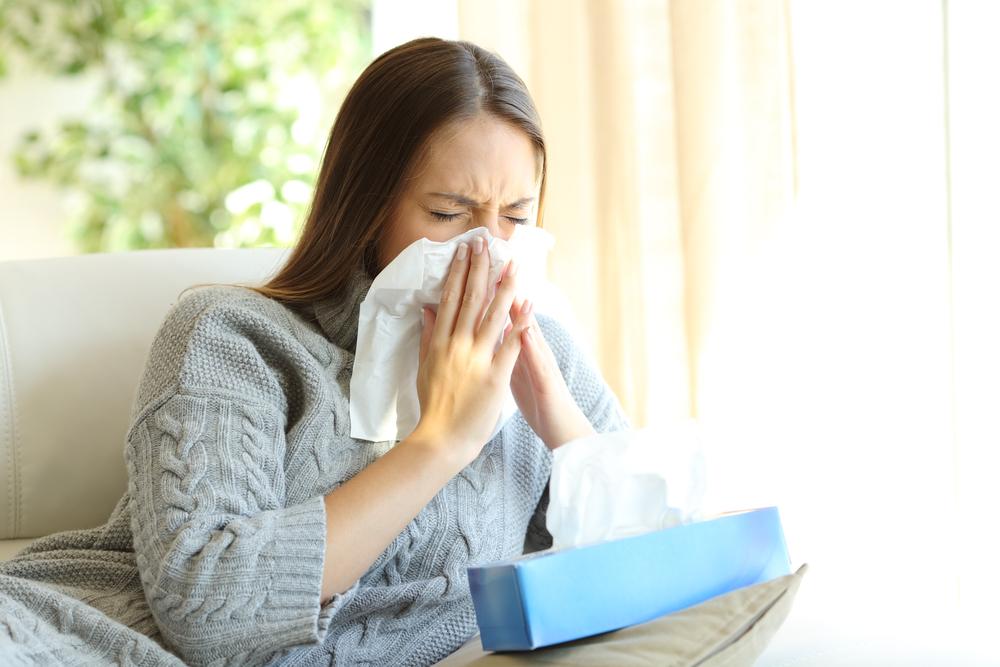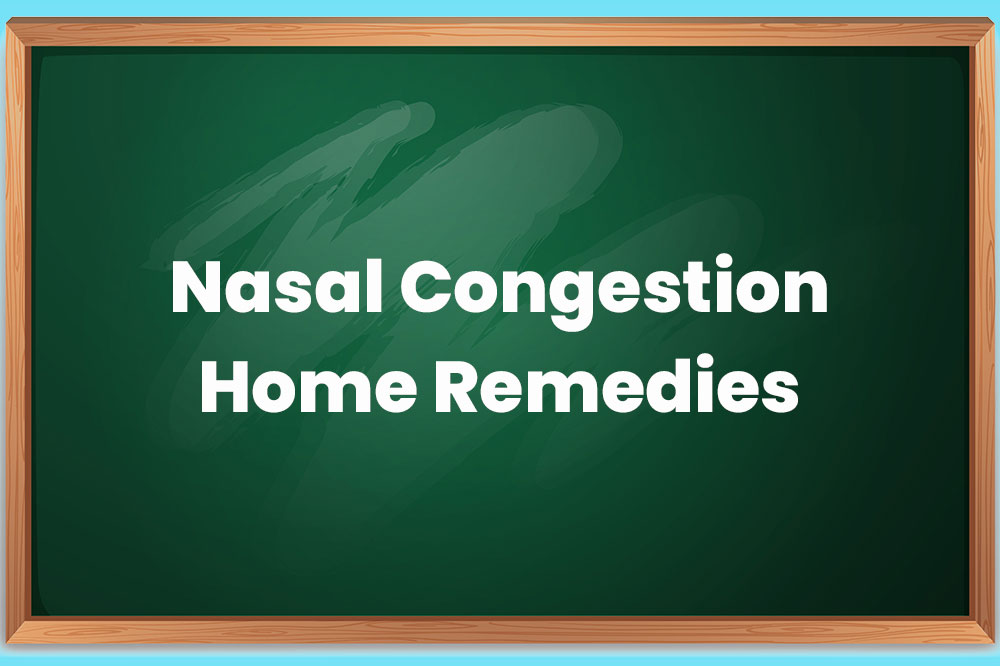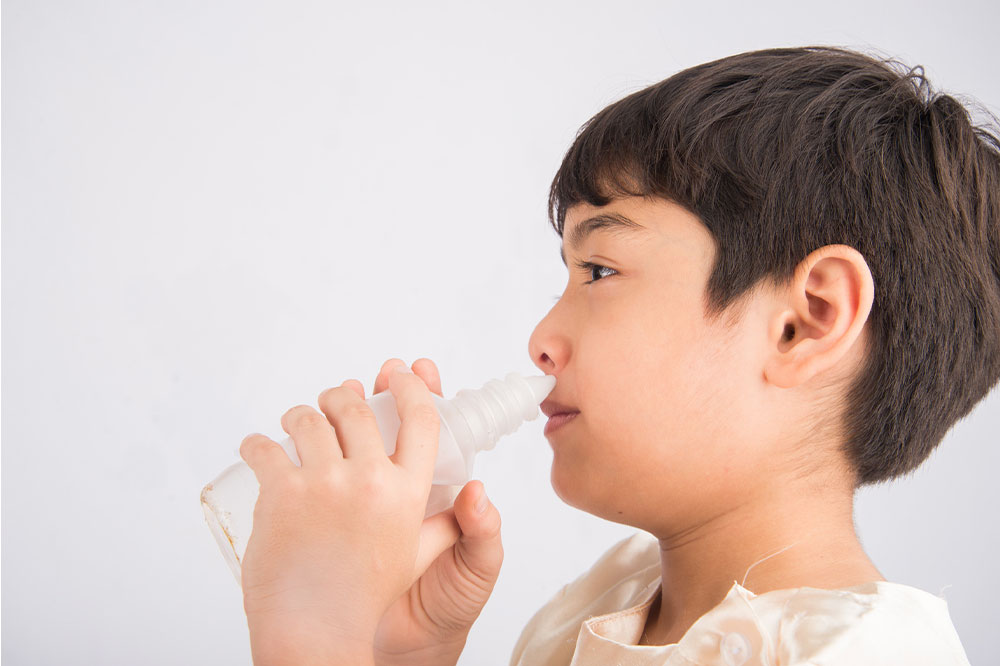Top Causes of Persistent Nasal Blockage
Chronic nasal congestion can stem from allergies, infections, structural abnormalities, polyps, pollutants, or water exposure. Recognizing these causes helps in managing persistent congestion. If symptoms last beyond a few days, consulting a healthcare provider is advisable for proper diagnosis and treatment.

Understanding the Main Triggers of Chronic Nasal Congestion
Nasal congestion often results from irritation or inflammation of the nasal tissues. While occasional blockages are harmless, persistent congestion requires attention. Several factors contribute to chronic nasal blockage. Here are some common causes:
Allergic Reactions
Allergies, such as hay fever, grass allergy, or pet dander, lead to inflammation in the nasal passages. Triggers include pollen, mold, dust mites, and pet fur. Pollen-related symptoms are more prominent in spring, summer, and fall, while dust allergies worsen during winter. Histamine release during allergic responses causes swelling and increased mucus production, resulting in congestion.
Viral and Bacterial Infections
Common colds, caused by various viruses, often lead to nasal swelling and mucus buildup. The infection prompts the release of histamine, increasing blood flow and swelling in nasal tissues. Bacterial infections, such as sinusitis, can prolong congestion, producing thick discolored discharge, headaches, and fatigue. They thrive when the immune system is compromised due to viral infections or allergies.
Anatomical Issues
Structural problems like a deviated septum or nasal deformities from injury can obstruct airflow. Such deformities, often resulting from trauma or birth, lead to difficulty breathing and persistent congestion. Surgical correction may be necessary if breathing is significantly impacted.
Infections & Growths
Bacterial presence or growths like nasal polyps—soft, grape-like formations inside the sinus cavities—block normal airflow and drainage. Polyps can impair smell and breathing, especially in those with allergies or asthma. Their exact cause isn't fully understood but is linked to chronic inflammation and smoking.
Environmental Pollutants
Exposure to pollutants such as dust, exhaust fumes, and perfumes triggers inflammation in nasal tissues. While impossible to avoid completely, taking protective measures can reduce irritation and congestion.
Water-related Irritation
Prolonged exposure to chlorinated pools or diving can irritate nasal membranes. Chlorine disrupts normal mucous functions, and water impact during diving can force water into sinuses, inflaming tissues and causing blockage.
Other factors may include overusing nasal sprays, deviated septum, smoking, alcohol intake, stress, and certain medications. If congestion persists beyond a few days, consulting a healthcare provider is recommended.










